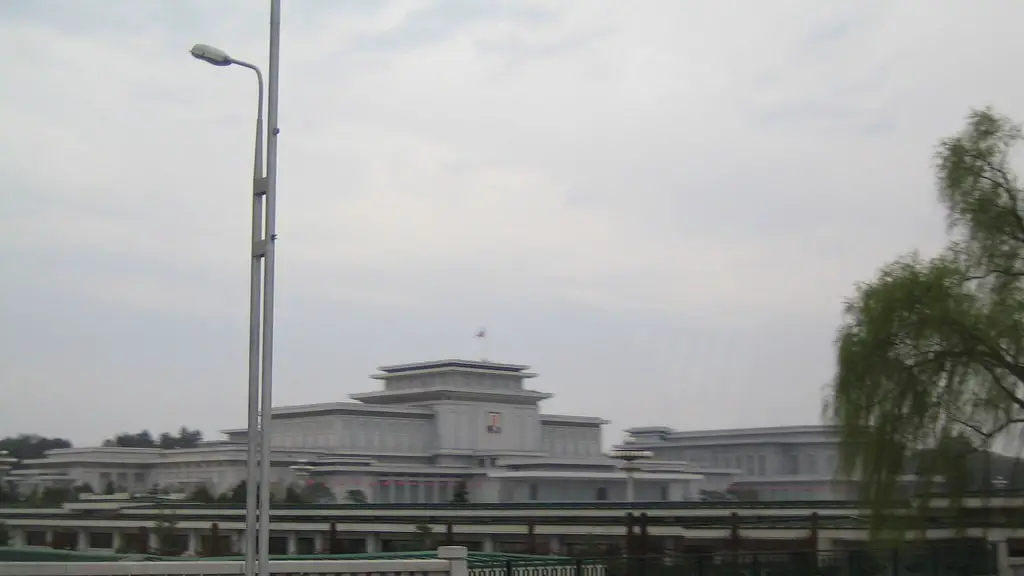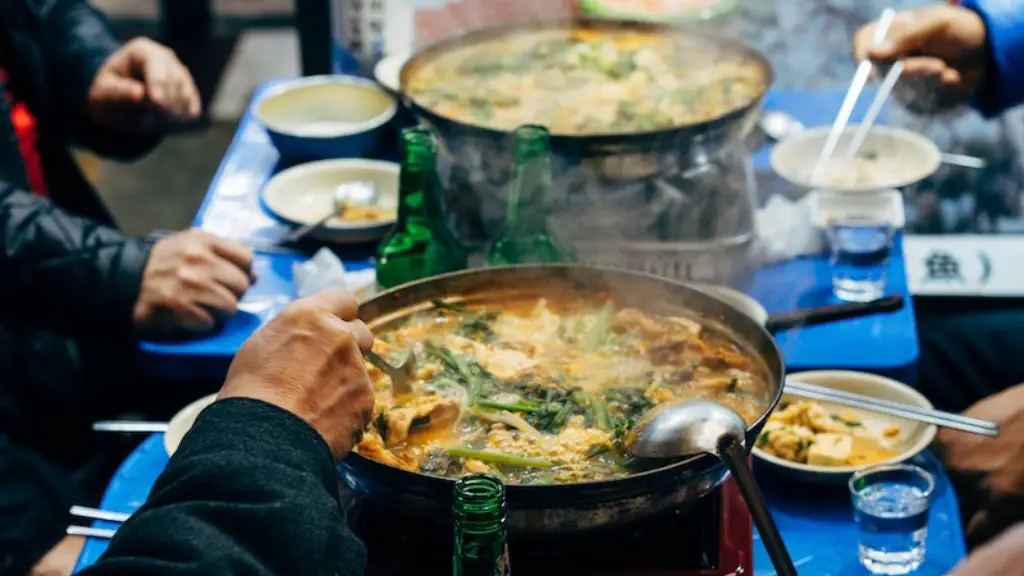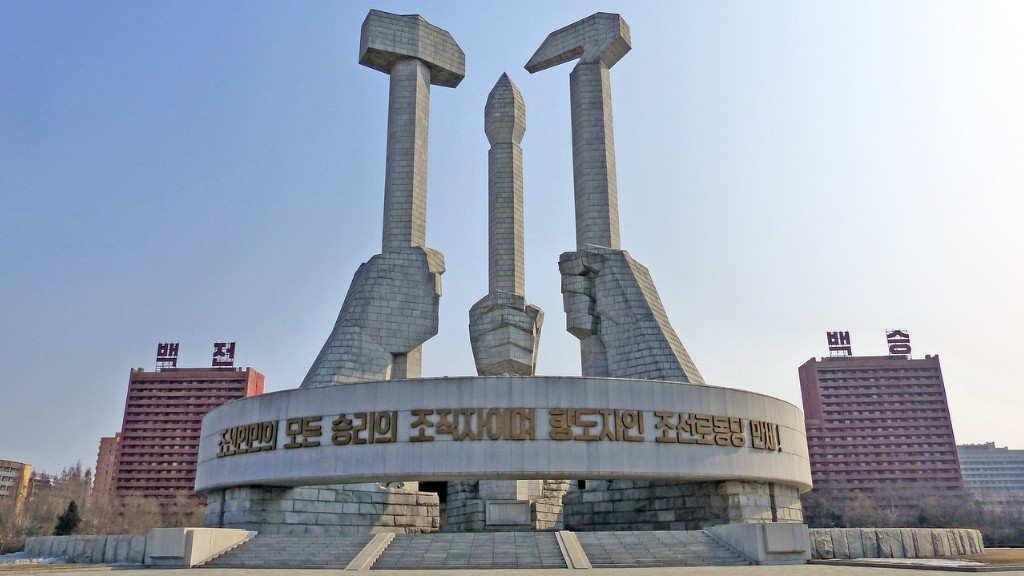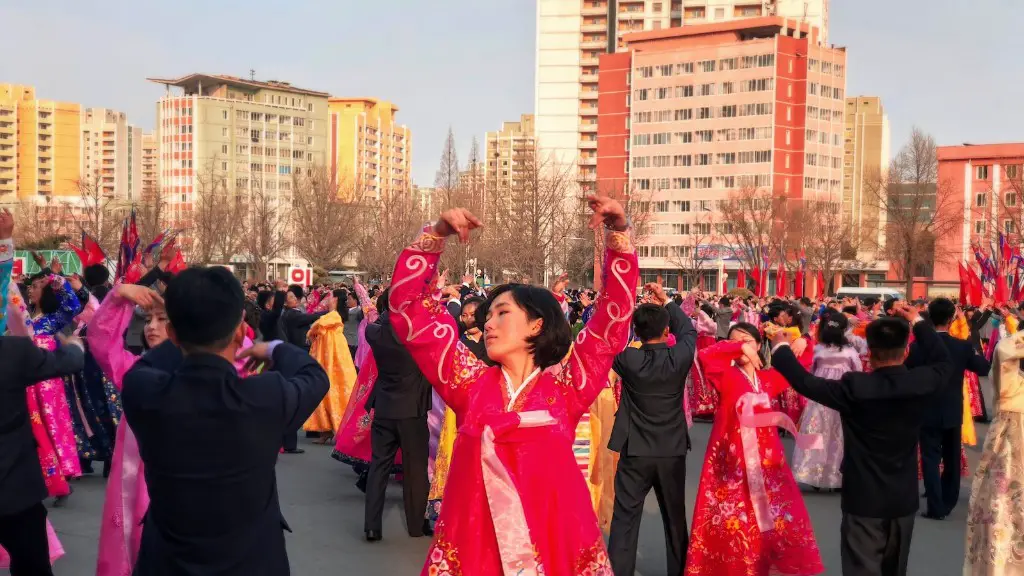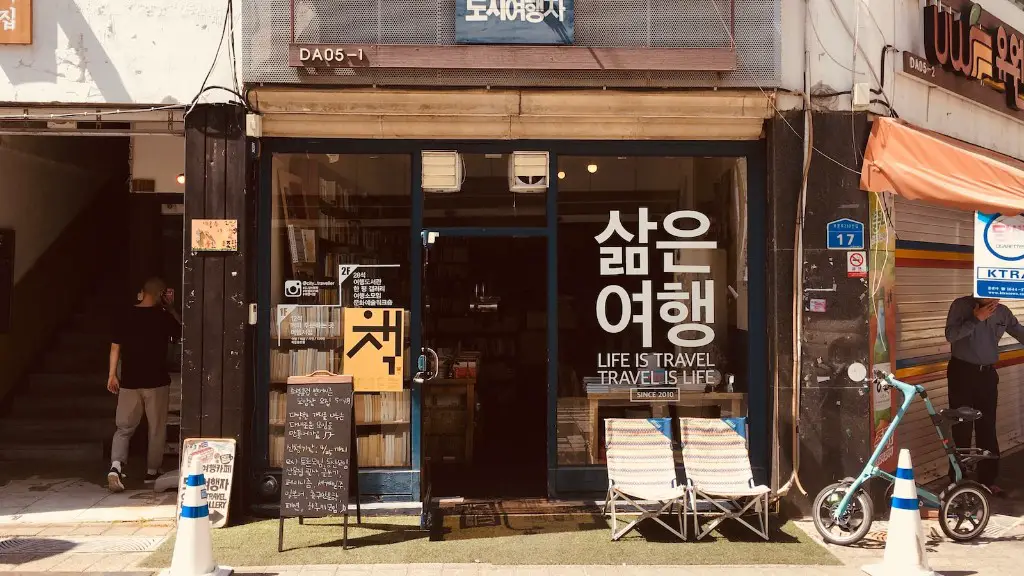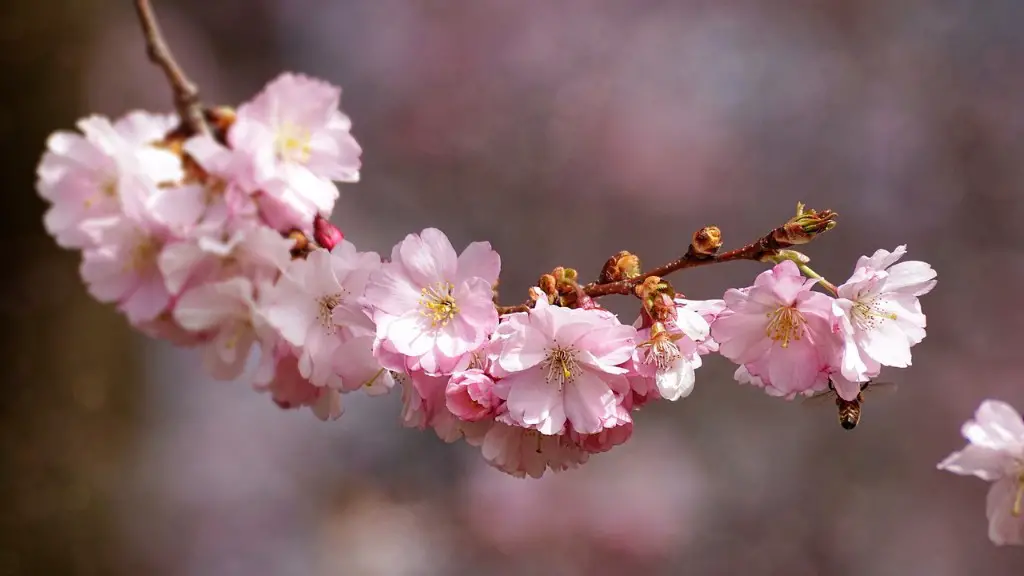Who Governs North Korea
Since its formation in 1948, North Korea has been a tightly controlled single-party state, the Democratic People’s Republic of Korea (DPRK). The central figure is its leader, Kim Jong-un. Otto von Bismarck famously said, “Laws are like sausages, it is better not to see them being made.” In North Korea, Kim Jong-un is making laws and enforcing them as applies to its citizens with impunity.
Even though North Korea has a Supreme People’s Assembly (SPA), the highest level of legislature in the DPRK, power actually rests in the hands of Kim Jong-un and his circle of advisers. In reality, Kim Jong-un is the figurehead of a regime, which can get rid of laws at will. Decisions made at the highest level, often without scrutiny or academic debate, can be rubber-stamped by the SPA during their few days in office.
International sanctions, aimed at curbing North Korea’s nuclear activities, have crippled its economy and tightened the regime’s grip on power. Armed forces, including the North Korean military, are still loyal to the regime, despite food shortages and international pressure. This creates a strong sense of controlling society. The government’s inflexible control over information, communication, and education reinforces its hold on power. Public messages through state-controlled television and radio remain compliant with the regime’s ideology. This form of control is unique in the world, as the rest of the world’s media has gone online.
US intelligence agencies have unraveled a centralized system of government and also shed light on the instruments of power Kim Jong-un and his inner circle use to govern. These instruments are mainly economic and include the collecting of fees from citizens and businesses, monitoring and controlling the prices of goods and services to suppress inflation, and providing subsidies to favored industries.
In conclusion, North Korea is an absolute monarchy. It is ruled by Kim Jong-un and his inner circle and their ‘instruments of power’. The regime operates a border-less society and operates outside the norms of international treaties and law. Despite international sanctions, this autocracy remains as robust as ever, showing no sign of weakening.
North Korean Economy
North Korea is part of the least developed economies in the world. The North Korean economy is based on state-owned enterprises, collective farms, and foreign trade. The regime is not a market economy, and its economic output is highly dependent on its limited resource base, the lack of foreign technology, and the inability to attract foreign direct investments. The government has imposed various regulations that have stunted economic growth and reduced exports. The country exports mainly coal, minerals, and labor to develop countries.
North Korean exports are far below those of neighboring South Korea. North Korean exports to South Korea decreased by 46 percent in 2019 due to new sanctions imposed by the United States. North Korea also faces severe shortages of basic goods, which has forced its citizens to resort to the black market to survive. The sanctions have also been a major blow to its military activities as the government must spend more of its resources on defense.
The North Korean government has been unable to improve the economic outlook in the country, primarily due to its lack of economic liberalization and reform. The regime has tightly controlled labor markets, restricted imports and exports, and limited the extent of foreign investment.
In addition, the government has imposed strict regulations on citizens which have resulted in food shortages and an increase in the cost of living. These factors have resulted in a decrease in productivity and further weakened the North Korean economy.
Social and Political Culture
North Korea is known for its human rights violatations and undemocratic policies. The people of North Korea are central to the regime’s political and social culture, but they enjoy only limited freedoms. The government strictly controls all forms of communication and media, and limits the citizens’ access to the world outside North Korea.
The North Korean citizens are subject to extreme repression by the government, including arbitrary detention, surveillance, and torture. Citizens are restricted from speaking out about politics and suffer harsh punishments for doing so. The government has exerted strict control over the population, including through the criminalization of certain forms of activities.
In addition, North Korea also suffers from extreme gender disparity. Women have limited legal protection and are discriminated against in all aspects of life, from accessing jobs and education to participating in politics. While women are not discriminated against in terms of the death penalty, they are subject to the same harsh punishments for suspected political crimes.
North Korea’s political culture is one of control and conformity. Citizens are expected to abide by the conservative values detailed in the North Korean constitution. The government also utilizes propaganda, rumors, and fear mongering in order to manipulate citizens. Political dissent is treated harshly, as evidenced by the numerous recent high-profile executions in the country.
International Relations
North Korea has had historically poor relations with most countries, especially with the United States and its neighboring countries. Relations with South Korea deteriorated after the death of Kim Jong-il in 2011. The country continues to draw international condemnation for its violation of human rights, as well as its refusal to comply with international norms.
The country also faces extreme pressure from the United Nations Security Council, which has imposed sanctions on North Korea due to its nuclear weapons program. The sanctions have hindered its ability to engage in international trade and severely damaged its already fragile economy. Its pursuit of nuclear weapons has strained relations with other countries and left the country isolated.
More recently, North Korea has made attempts to develop its economy by engaging in foreign trade and improving its diplomatic ties with other countries. In 2018, North Korean officials visited China, a major ally and trading partner, to discuss economic cooperation and development. The regime has also sought help from the international community to help revitalize the struggling economy.
Despite these recent attempts to reach out to other countries, North Korea’s international relations remain strained. The regime has repeatedly stated its preference for “nuclear deterrence” and has denounced foreign interference in its domestic affairs. This has caused further tension in the region and has resulted in international sanctions.
Military Might
North Korea has one of the world’s largest standing armies, with a total active military personnel of 1.2 million and reserve personnel of 5 million. The North Korean military is a legacy of the Cold War and the Korean War, and is one of the largest in the world in terms of both personnel and equipment. North Korea has a wide range of military capabilities ranging from short and medium-range missiles, tanks, artillery, and nuclear weapons.
The North Korean military is a major contributor to the country’s economy and is used to suppress dissent and consolidate Kim Jong-un’s hold on power. North Korean military operations are mainly aimed at maintaining the loyalty of the population and maintaining the current regime. The military conducts large-scale exercises and regular parades, which are aimed at projecting strength to foreign audiences. It also plays an important role in international diplomacy, as the North Korean regime has used its military capabilities as bargaining chips in negotiations with foreign powers.
North Korea’s military might also serves to discourage foreign military interventions and discourage defectors. The threat of a North Korean military attack is one of the factors that have kept the country from being invaded by South Korea or the United States. The North Korean military also serves as a deterrent to China, which has long expressed strong opposition to foreign intervention in the Korean peninsula.
Economic Aid
Due to its isolation, North Korea is heavily dependent on international aid to sustain its economy and address food shortages. In recent years, the country has received a large amount of food aid from the United Nations and other international organizations, primarily in the form of humanitarian aid. This has allowed the North Korean government to improve its food shortages and provide much-needed relief to its citizens.
Despite the increased aid, the North Korean government is still unable to meet the needs of its citizens due to the existing economic sanctions. The country is facing food shortages and a lack of basic necessities such as medical supplies and fuel. In addition, the sanctions have hindered North Korea’s ability to develop its economy, as foreign investors are reluctant to invest due to the economic sanctions.
In addition to economic aid, North Korea is also in desperate need of political support from the international community. The regime’s human rights abuses and violations of international law have drawn sharp criticism from the United Nations and other countries. The international community needs to support North Korea’s efforts to reduce tension in the Korean Peninsula and address the country’s human rights abuses.
North Korea’s future is uncertain, but there is still hope for improved relations between the two Koreas and international engagement. In order to ensure the future of the Korean Peninsula, Kim Jong-un and his regime must allow greater transparency and human rights protections to its citizens. This is the only way to ensure that North Korea can become a part of the international community and a prosperous nation in the future.
